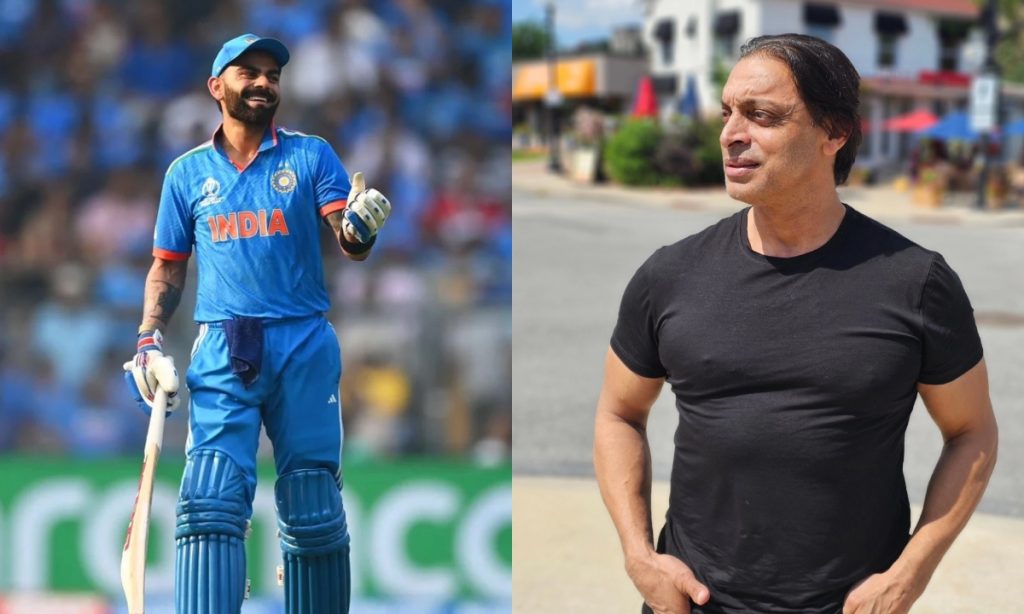International cricket, where politics often intertwines with the sport, the decision by the Pakistan Cricket Board (PCB) to accept the hybrid model for hosting the Champions Trophy in 2025 marks a significant moment. This model, which involves Pakistan hosting matches against teams other than India outside of Pakistan, has stirred a debate on fairness, revenue sharing, and the spirit of cricket. Shoaib Akhtar, a former Pakistani cricketing legend known for his fiery pace and outspoken views, has weighed in on this contentious issue, advocating for a blend of sportsmanship, strategy, and economic sensibility.
Akhtar’s perspective on the matter is both nostalgic and forward-looking. He reminisces about the days when cricket was a purer form of competition, devoid of the political overtones it often carries today. “In terms of playing in India in the future, we should extend a hand of friendship and go there. My belief has always been: go to India and defeat them there—India mein khelo aur wahi unhe maarke aao,” he stated, reflecting a desire for cricket to be a bridge rather than a barrier between nations. His call for playing in India, a country where cricket is more than just a sport, underscores the importance of facing the best on their home turf, a true test of cricketing prowess.
The hybrid model, while a compromise, has been met with mixed reactions. Shoaib Akhtar, however, sees it as a pragmatic solution given the current geopolitical climate. “Pakistan’s stance is also reasonable,” he adds, acknowledging the complexities involved. The demand for an increase in revenue from the ICC and the continuation of the hybrid model for events in India till 2031 is not just about money but about recognition of Pakistan’s cricketing contribution and the challenges it faces in hosting international teams.
“You are getting paid for hosting rights and revenue, and that’s fine—we all understand it. Pakistan’s stance is also reasonable. They should have maintained a strong position—why not? Once we are able to host the Champions Trophy in our country and they are unwilling to come, they should share the revenue with us at a higher rate. That’s a good call,” Shoaib Akhtar elaborated. His comments highlight a nuanced understanding of the economic underpinnings of modern cricket, where revenue sharing isn’t just about financial equity but also about the principle of fairness in international cricket governance.
The last time India played a tournament in Pakistan was during the 2008 Asia Cup, a testament to how rare these bilateral series have become. Akhtar’s advocacy for playing in India, therefore, isn’t just about cricket; it’s about rekindling a rivalry that has historically enriched the sport. His vision for the future of cricket between these two nations is one where competition is fierce but conducted with mutual respect and sportsmanship.
Shoaib Akhtar’s support for the hybrid model, coupled with his call for more direct cricketing encounters between India and Pakistan, reflects a broader sentiment among cricket enthusiasts for the game to transcend political boundaries. His stance is not just about the immediate financial implications but about the long-term health of cricket as a global sport that unites rather than divides. As cricket continues to evolve, figures like Shoaib Akhtar remind us of the game’s power to foster peace, competition, and mutual respect among nations.

